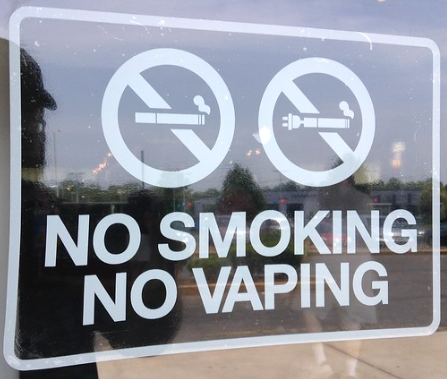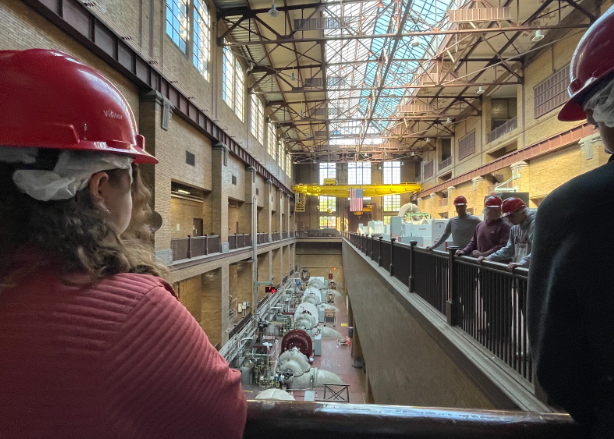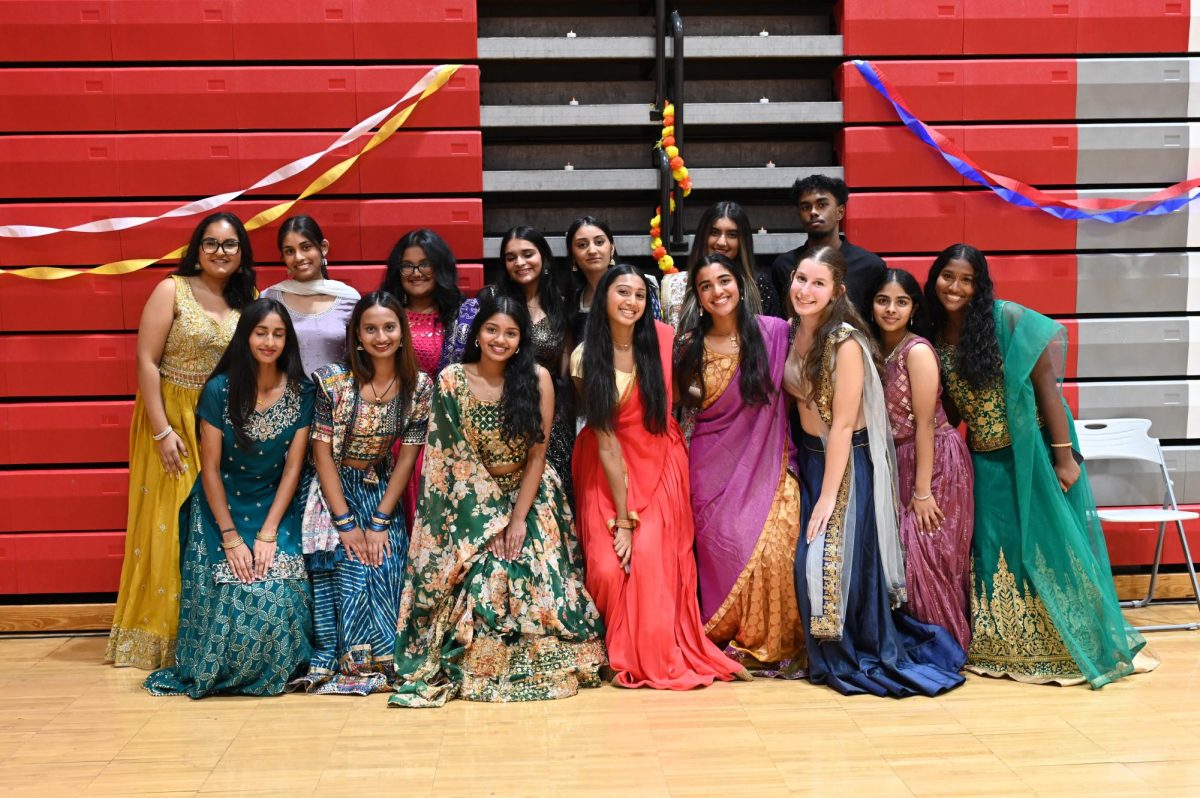As a result of widespread student vaping in bathrooms, Niles West has taken after many high schools with a plan to install vape sensors. As announced at the State Of The School meeting, on Jan. 10, the school is trying to crack down on illicit activities in the bathrooms.
The sensors work by detecting small particles that vape smoke produces like nicotine, vegetable glycerin and propylene glycol, which are ingredients in vapes. After detection, the sensor will alert a chosen staff member, and consequences will be issued.
Some administrators take a more long-term outlook for corrective behavior, especially in terms of respect for the building and other students.
“I think vape sensors alone won’t just help. There’s also an educational component to the harmful effects of vaping. I don’t think students realize how much it impacts their peers. The more we start to think about it like, this is our house and we respect that, that’s when behaviors change,” Assistant Principal Steve Parnther said.
West administrators share their outlook on the implementation and when they are going into effect.
“I’m hopeful. We’re looking to implement them within the next week or two,” Principal Jeremy Christian said.
The harmful health impacts of vaping have been a major point of concern for staff, not just for the people engaging but for the second-hand students who are just trying to use the bathroom.
“They don’t realize that it could cause harm to other students, especially students who may be allergic to certain things. You’re not just putting yourself in a strange situation, but also putting fellow students in danger because you don’t know what other students’ medical history may be,” Christian said.
Besides administrators, parents have their concerns when it comes to student vaping. As expressed during the Jan. 10th State Of The School meeting, parents expressed concern that their kids may not use the restroom during school due to the disruption of others vaping.
The cost for the sensors and the additional education measures add up.
“Some cost upwards of $1,600 and then you can get them for a trial run at about $700 to see if they work,” Christian said.
As the sensors will soon appear around the building, the effectiveness of the technology will be determined during this trial period. Staff hopes to include student suggestions and input on their plan as well.
“I’m open to suggestions from our students, letting us know if there are specific ways to make sure that we’re ensuring our building is safe. Ensuring our students are safe,” Parnther said.














